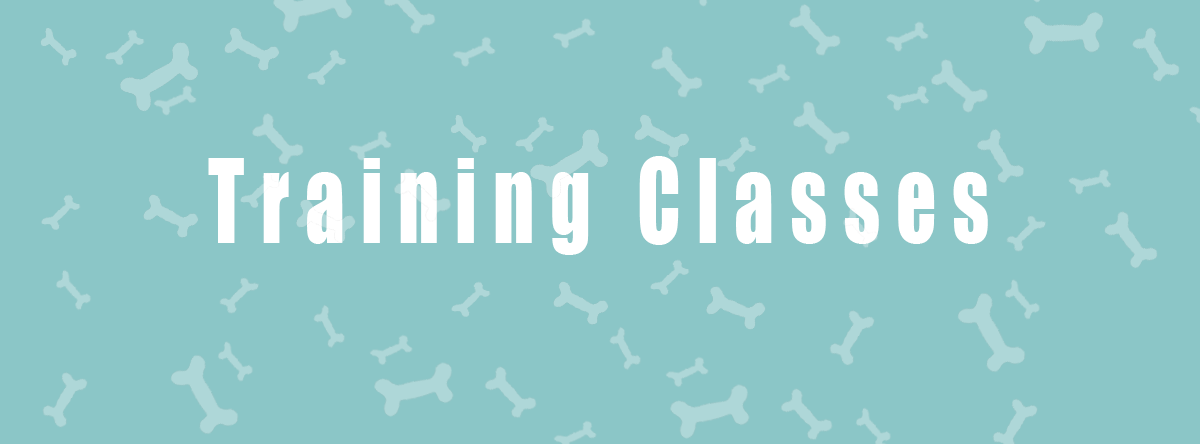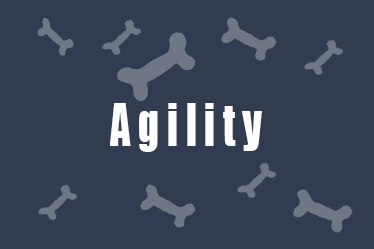What kind of trainer are you?
I'm positive reinforcement trainer.
What is positive training?
It’s a training method that uses positive reinforcement to increase behaviours that we want. Positive reinforcement means adding something (+ positive) that increases behaviour (reinforcement) Reinforcement is the opposite of punishment. Punishment decreases bad behaviour, well in simple terms reinforcement is the opposite. It’s something which increases behaviours. Positive training is all about finding ways to solve problems without having to resort to punishment.
Why have you chosen this method of training?
I believe in science and using the best methods that work effectively, there are numerous scientific studies that prove that positive reinforcement works. I have a high consideration for animal welfare rights and a great respect for organisations like the Guide Dogs for the Blind, the PDSA, Edinburgh University Dick Veterinary School, the Police Force and Military who have all moved over or advocate using positive training.
Won’t we just be spoiling our puppy?
No, it’s not spoiling, you will be using a number of tools to get a well behaved and obedient dog. Your dog will be earning rewards through good behaviour. It isn’t just a case of throwing treats and toys at your dog and hoping they behave. You want to learn how to use rewards effectively, to help your puppy grow up to be a well mannered dog, and not just a spoilt one- that is what these classes are for.
Won’t my dog get fat?
While I recommend high value rewards when teaching a new behaviour, or getting consistent behaviour in a distracting environment, that does not necessarily mean food rewards. Many dogs are toy orientated, or can be trained to be toy oriented- lots of highly competitive dogs are trained with tug toys rather than food. A reward can be verbal (praise), permissive (go play), or anything your dog values. Value is the key, the more highly valued the reward the more your dog is likely to repeat behaviour that gains that reward.
Can I use food and not end up with a fat dog?
Absolutely, I still use food rewards with my own dog when training new behaviours and she isn’t overweight. The key to training with food is to use your dogs meals for the bulk of your training. It’s far more rewarding for your dog to have earned their food than for it to be simply placed in a bowl every day. Picky eaters relish being hand fed and once training has commenced I get lots of positive reports about how the dogs are now enjoying eating again.
Is positive just permissive?
Positive is a mathematical term, it means adding something that will increase a behaviour. It is often berated as just being nice to your dog but it has nothing to do with ‘nice’. The dog enjoying training is an added bonus but not directly related to the word positive.
Do rewards in modern dog training work?
Yes indeed, with very few exceptions, almost all service dogs, and those trained to high levels of obedience nowadays, are trained using toys and/or food. This includes police dogs, military dogs, sniffer dogs, guide dogs, dogs who compete in obedience, agility, and working trials.
Why are we using only food at classes?
Food is highly rewarding, Used as a reinforcer, food can create brand new behaviours, and build complex chains of behaviours. It is portable, attractive to all dogs and very quick to deliver. Once training is established then you can use other rewards, but toys need more time to complete the reward, so to effectively teach a new behaviour we use the quickest method of reinforcement and that means food.
Is it bribery?
Sometimes yes. For example when you use lure/reward training to get a sit, it is a bribe. However, used in that context it is a temporary ‘bribe’ to establish a new position. Once the dog knows the behaviour, the reward goes away in your bag and is then only used as a reinforcement tool. Bribery in itself isn’t an effective way of training and we want to avoid it, we want our dogs to respond and behave well even if the rewards are left at home. Again, it is about using food effectively, and why we are having the classes.
I'm still not convinced, where can I learn more about positive training?
Should we use punishment or reinforcement procedures to change behavior? On this topic there is a convincing study from behavioral scientists that reinforcement should be our choice and this is supported by animal experts.Like those who train guide dogs..Or those who train dogs for the military
Other interesting articles




